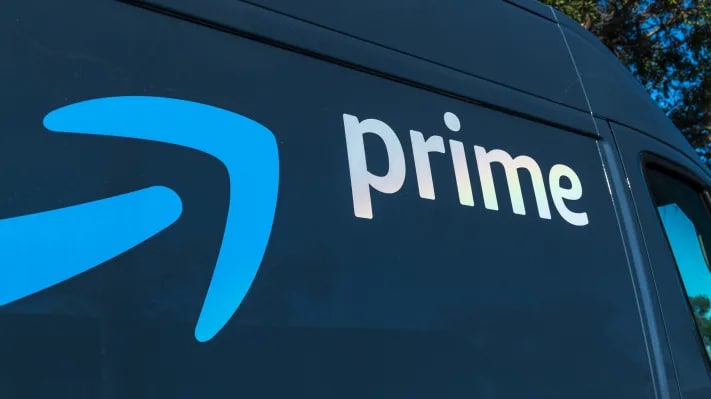PCB: Washington continues Monsanto

 The state of Washington became the first US state Thursday to continue the agrochemical giant Monsanto on PCBs that accumulate in the environment for decades.
The state of Washington became the first US state Thursday to continue the agrochemical giant Monsanto on PCBs that accumulate in the environment for decades.
Monsanto immediately responded that the lawsuit is “without merit.”
Democratic Governor Jay Inslee and Attorney General Bob Ferguson argue that internal documents show that Monsanto knew of the dangers to the environment and health associated with PCBs in 1937. Monsanto produced PCBs between 1935 and 1979, when they were forbidden by Congress.
PCBs were incorporated into industrial and commercial products such as paint, refrigerants and hydraulic fluids. The studies were possibly associated with various health problems, particularly regarding the immune, nervous and reproductive systems.
Mr Ferguson said Thursday that PCBs continue to threaten salmon and killer whales of the state, even 40 years after the end of their production and after Seattle has spent tens of millions of dollars to clean up the pollution.
Monsanto contends that it sold its PCB to third companies, and that they are responsible for any presence of the product in the environment. It also recalls that the production and sale of PCBs were perfectly legal in this period.
State leaders accuse Washington Monsanto knowingly concealed what it knew of the hazards of PCBs to continue to rake in profits.
Several US cities – including Portland, Oregon, and San Diego, Oakland, Berkeley, San Jose and Long Beach, California – Monsanto also continues on pollution PCBs.






